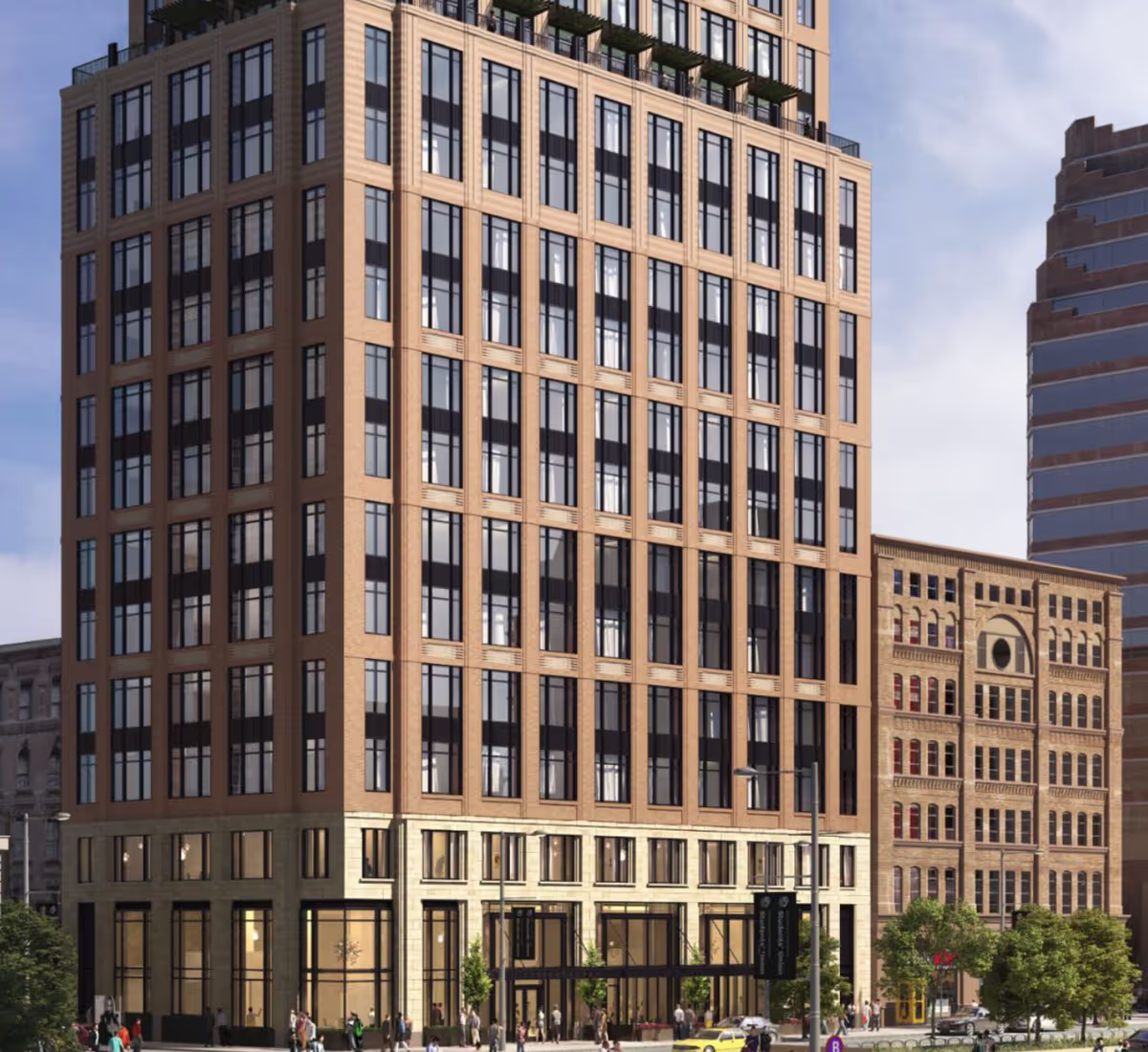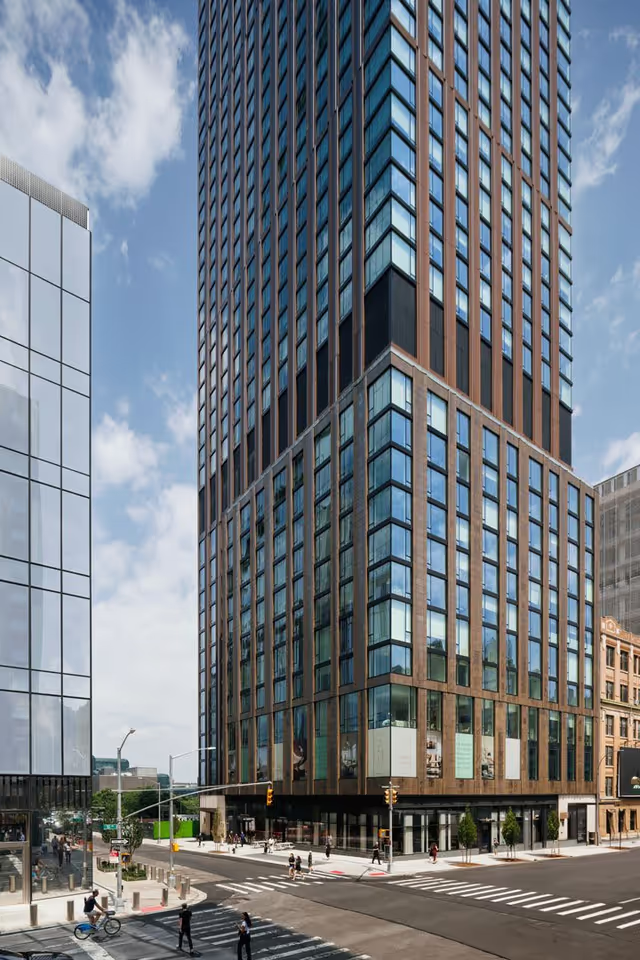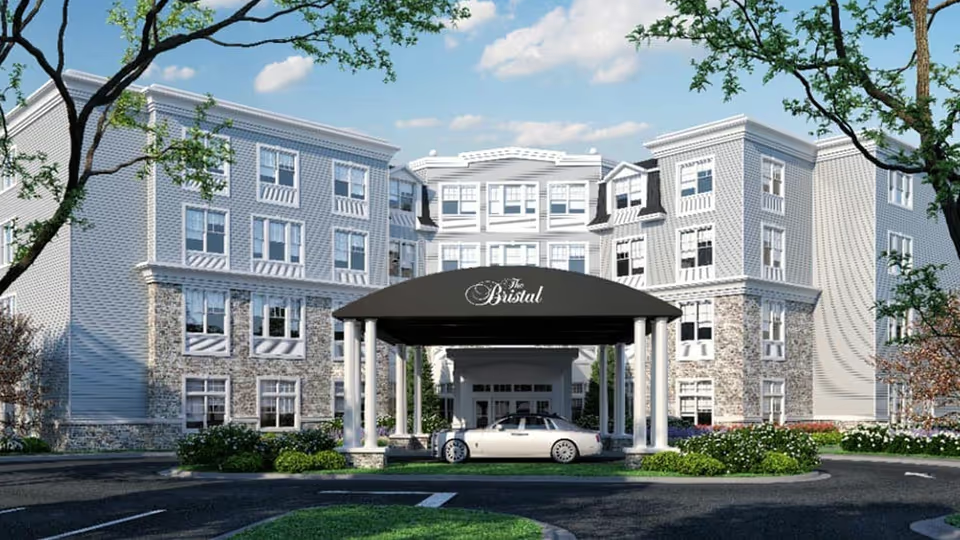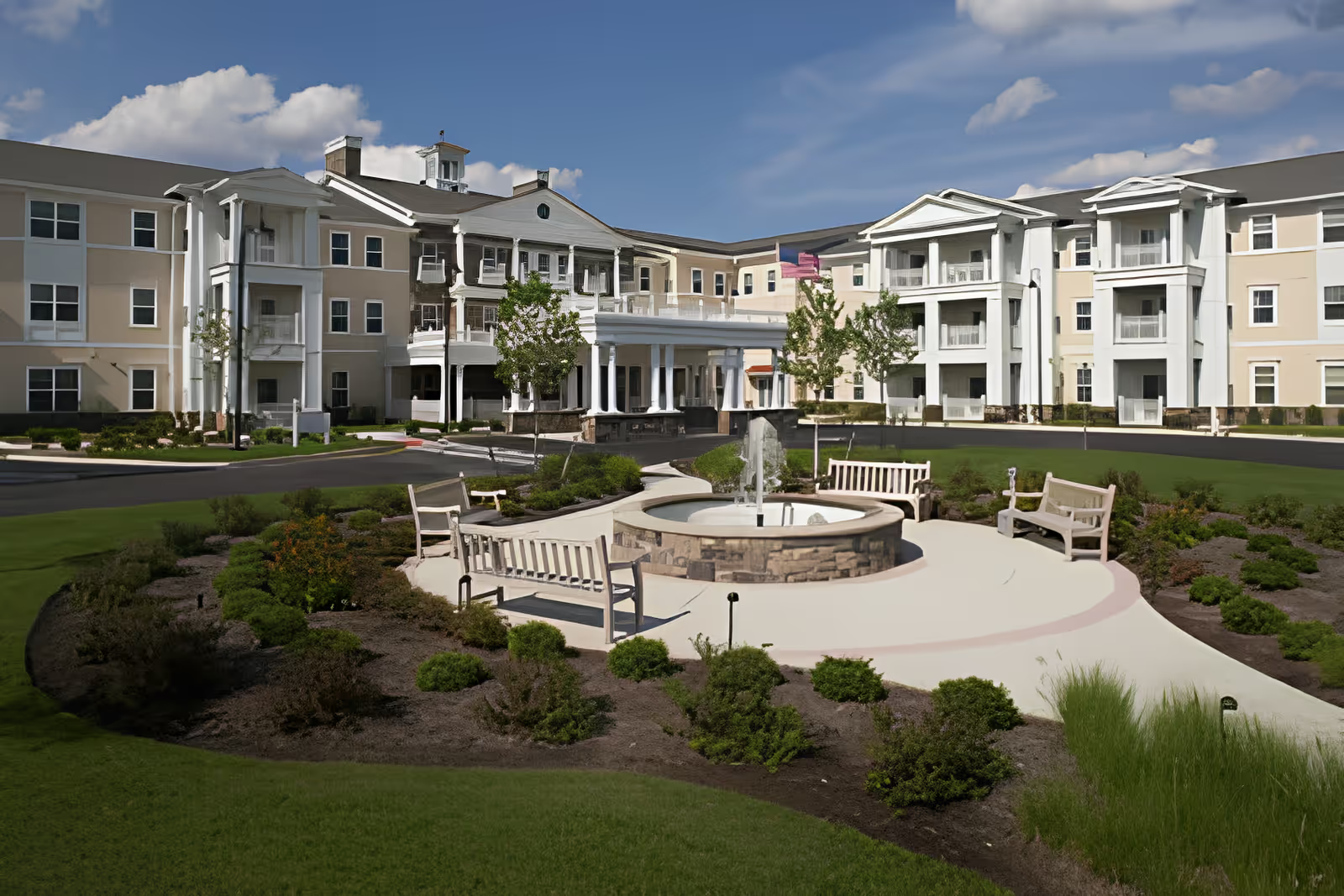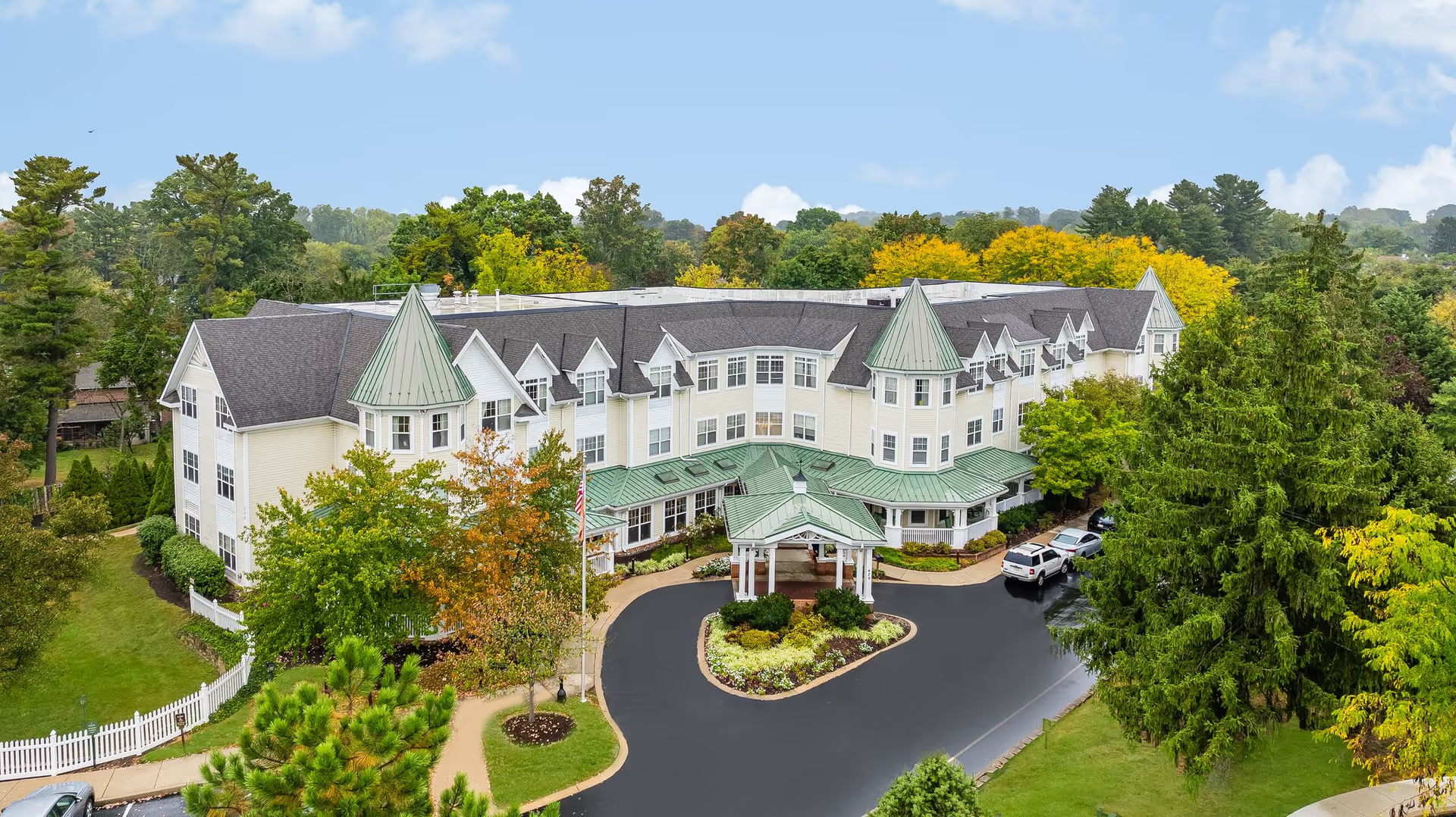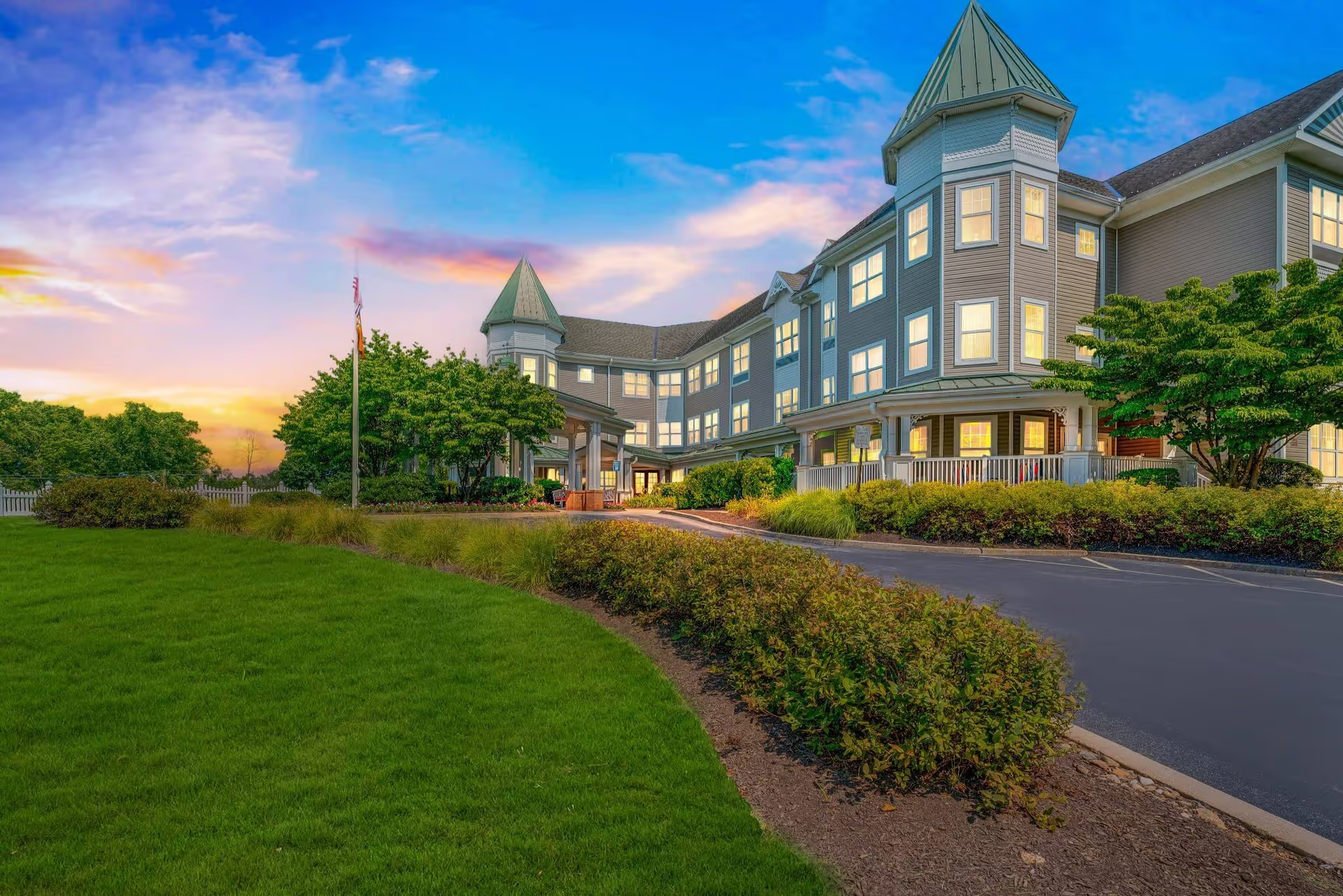Overall sentiment in the reviews for Birchwood Suites is mixed but leans positive among a large number of respondents. The property’s strongest and most consistent positives are its all‑inclusive pricing model, the continuum of care (independent living, assisted living and a dedicated memory care unit), and the attractive grounds and estate-like setting. Many reviewers emphasize that the small size creates a homey, family-like atmosphere where staff frequently know residents by name. On-site amenities that are repeatedly praised include full rehabilitation/physical therapy services, an on-site hair salon, three meals per day plus snacks, housekeeping and laundry, and assistance with long-term care insurance/VA filings. Numerous families report compassionate, attentive staff and administrators who go above and beyond, and several reviews note meaningful improvements after a change in management.
Care quality and clinical services generate divergent impressions. A substantial group of reviewers report high-quality, consistent care: attentive nurses, effective medication adjustments, rehabilitation that produced measurable improvement, and doctors who visit the community. For many families the medication management, insulin and catheter assistance, incontinent care options (with clearly stated surcharges), and availability of on-site therapy are major strengths. Conversely, a noteworthy minority describe worrying lapses in clinical attention — delayed responses to call lights, unanswered night calls, an incident describing a long delay after a fall, medication administration without family consent, and inconsistent check-ins for bedbound residents. These safety and response concerns are serious outliers that prospective families should explicitly probe when touring.
Staff and management impressions vary but form a central theme. Many reviews highlight warm, long‑tenured, professional caregivers and administrators who communicate well with families, create individualized programs, and have improved the facility’s culture. Several reviewers single out specific staff and administrators for praise and note that recent leadership changes brought positive operational improvements (extended front desk hours, better responsiveness, ongoing renovations). At the same time, there are repeated reports of staff turnover, occasional unkind or unprepared staff members, and front‑desk/phone system lapses resulting in long waits or missed calls. The contrast between accounts of exceptional, compassionate staff and reports of neglect or rudeness suggests variability in staffing consistency — another area families should review in detail.
Facility condition and campus environment are among the clearest dichotomies in the reviews. Virtually every review mentions the beautiful grounds, pond, walking paths and former‑estate charm; these outdoor assets are a strong selling point. Inside, however, impressions split: many suites and common areas have been recently renovated, described as clean, well‑furnished and hotel‑like, while several reviewers describe dark, dated, hospital‑like interiors, odd layouts (separate shower rooms or some shared bathrooms), and maintenance problems. Recurring site issues include potholes or holes in the parking/driveway and some buildings or units that still need cosmetic or lighting updates. The net takeaway is that exterior landscaping and the overall campus ambience are strong, but interior conditions can vary by unit and wing.
Dining and activities receive generally positive comments but are not without critique. Plenty of reviews praise appetizing, well‑prepared meals and a lively activities calendar (music, games, singing, outings, and memory‑oriented programming). Several residents and families say meals are a highlight and that staff assist with feeding. However, a subset of reviewers found the food too spicy or otherwise unsatisfactory, and a number of comments indicate that activity frequency and dementia‑specific programming can be limited compared with larger communities. For residents needing more intensive memory‑care engagement, families reported mixed confidence in the unit’s staffing and training. If memory care is a decisive factor, prospective families should request the current activity schedule and dementia-training practices.
Operational and safety concerns appear in multiple reviews and merit careful attention. Reported problems include understaffing at certain shifts (especially nights), delays in emergency response or call‑light answers, phone system failures, and occasional lapses in family notification around medical changes. These issues occasionally correlate with negative outcomes in the reviews (missed care checks, falls, or poor hygiene). Conversely, other families report dependable staffing and timely communications, often attributing improvements to recent leadership changes. This pattern suggests variable performance over time or between different staff teams. Prospective residents should directly ask about staffing ratios by shift, the protocol for overnight calls and falls, how medications and care changes are communicated to families, and recent turnover statistics.
Pricing and value are another common theme. Many reviewers praise Birchwood Suites for affordable, all‑inclusive pricing and for saving families money compared with other options; Medicaid acceptance and direct LTC insurance handling are also noted positively. That said, families should be aware of possible extra charges (incontinent care surcharges, higher costs for secure memory‑care units) and should have all fees and billing practices confirmed in writing. VA assistance is available but some reviewers reported delays or slow processing.
In summary, Birchwood Suites presents as a small, community‑oriented campus with beautiful grounds, a homey atmosphere, and many families reporting excellent, compassionate care—especially under recent management changes and renovations. At the same time, there is a meaningful set of negative reports concerning inconsistent staffing, interior maintenance, odors or cleanliness problems in some areas, occasional lapses in safety response or communication, and variability in dementia‑specific programming. The pattern in the reviews suggests strong positives that can deliver great experiences for many residents, but also operational inconsistencies that could pose risks for more medically complex or higher‑acuity residents.
Recommendations for prospective families: tour multiple times at different hours (including evenings and nights if possible), meet nursing and supervisory staff, ask detailed questions about staffing ratios and turnover, review written incident and medication‑error policies, inspect the specific apartment/unit for lighting, bathroom arrangement and odors, request the activity calendar and dementia‑care training documentation, confirm all fees (including incontinent or secure‑unit surcharges), and verify emergency/phone response procedures. Doing so will help determine whether the current operational strengths (grounds, community feel, rehab services and many caring staff) outweigh the variability and any remaining maintenance or staffing concerns for your loved one’s specific needs.


